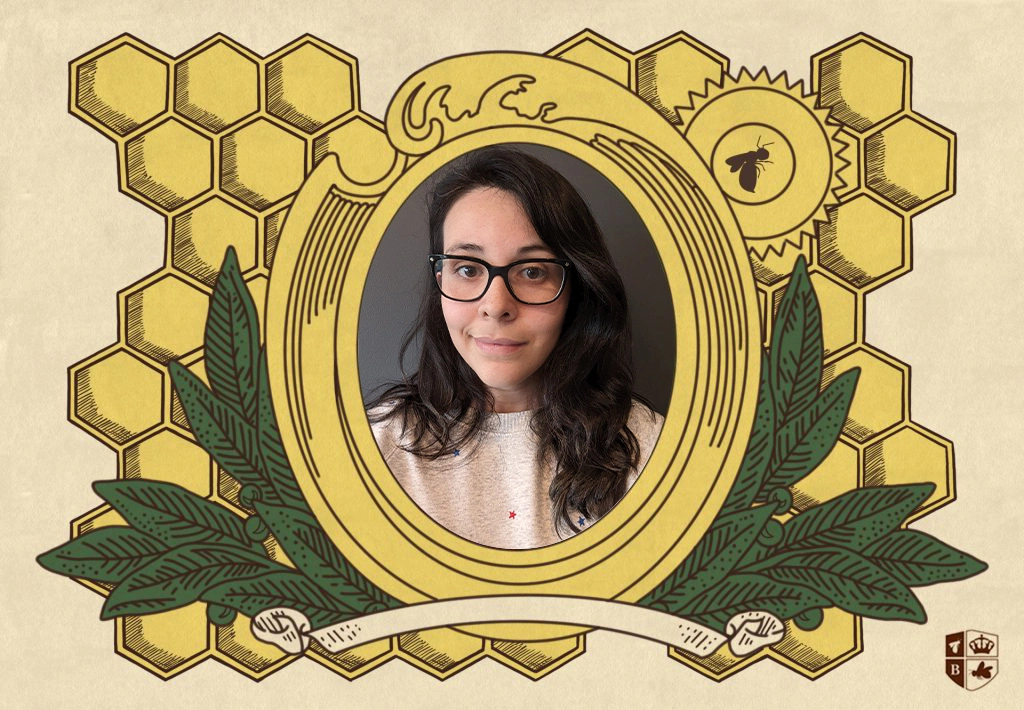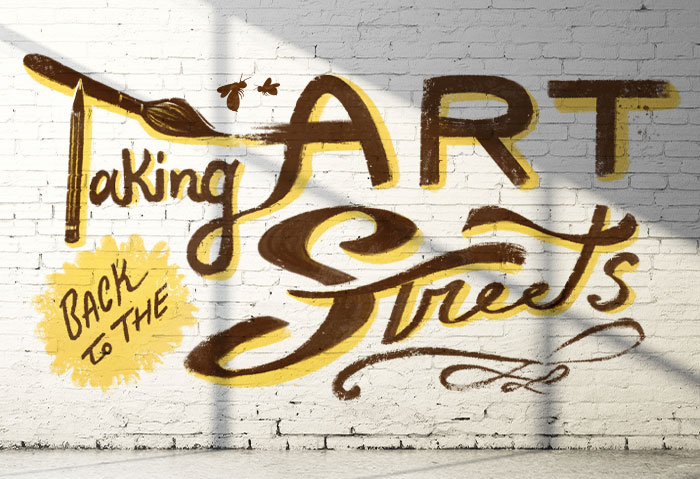The Fake It Till You Make It Fallacy

Like many of you I’m sure, I have been obsessed with the story of medical technology start-up Theranos and its founder Elizabeth Holmes thanks to the recent full-court press of documentaries, podcasts and reporting on this fall from grace. Without getting bogged down in the myriad twists that make this story so compelling, there was one element of Holmes’ story that has stuck with most: her fervent belief in the idea of faking it till you make it.
I can almost picture the thinking as Holmes bullheadedly pushed her R&D team forward despite their concerns about the viability of the Edison blood-testing machine. It worked for Steve Jobs and the iPhone, the Jobsian acolyte probably told herself. Sure, there was a three-year slog that resulted in an initial iPhone prototype. Sure, it was basically held together by the blood, sweat and tears of its engineers. Sure, they gave it little better than 50/50 odds of working when Jobs stepped out onstage to introduce it to the world. But in the end, the effort paved the way for what is arguably one of the single greatest technical achievements of our lives.
Why wouldn’t that same cavalier attitude work for Theranos? Her famous quote after all is, “First they think you’re crazy, then they fight you, and then all of a sudden you change the world.” And, if a fake it till you make it approach worked for the iPhone, all of a sudden it could work for the Edison, too.
Yes it worked for Apple, but it was a gamble. Not exactly a business model I’d mirror for my flagship product. And, if you’ve read (or watched) up on your Elizabeth Holmes, you know how this story ends.
When Willpower Alone Won’t Cut It
There’s a lot of allure to the fake it till you make it attitude. Within it is the echo of the American spirit—that pull yourself up by your bootstraps, scrappy, can-do attitude. It’s in our DNA and that’s appealing. Standing tall behind the courage of your convictions? Who doesn’t want the confidence to be able to do that; to believe in something so wholeheartedly that sheer willpower will bring about your desired result?
Fake it till you make it also echoes cognitive behavioral theory (and new age philosophy) about belief, behavior, influence and self improvement. Here, when addressing matters of the self, I can understand the appeal—I can even relate to the thinking on a lot of levels. You have to picture success for yourself if you’re going to have any hope of actually achieving it.
Following this line of thinking, it makes perfect sense that the business world would adopt a motivational philosophy like fake it till you make it. But when it comes to products, teams, organizational growth and strategy—not personal career achievement—the stakes are different. There are variables at play that can’t be overcome through willpower alone.
Learn It Till You Earn It
Ever since the Theranos hype hit my radar, I’ve been pretty vocal about my distaste for the fake it till you make it philosophy around the BMSD studio. Our copywriter Maggie offered an alternative way of thinking that embraces the same spirit, but with a more responsible framework: Learn it till you earn it.
She didn’t coin the phrase, but she cut right to the heart of my argument. Instead of thinking about success as a mental exercise alone, learn it till you earn it acknowledges the skill building, hard work, practice, trial and error that goes into becoming an expert in your trade, a master of your craft. To me, this embodies not only a superior attitude toward personal improvement we should all embrace, it also perfectly sums up how we view our capabilities here at BatesMeron.
As a branding and design studio, everyone on our team brings a deep background in strategy, messaging, identity and web design and print and digital production. We meet internally to evaluate the potential fit of our capabilities when new projects and partners come along, and we work together to map the best plan to expand our capabilities as an agency.
We can’t be all things to all clients, so we are careful to choose new skillsets that we can learn, master and offer. We’re not setting out to change the world, but we have set out to make meaningful things that make a difference—branding, marketing and design that moves the needle for our clients, and we’d never be able to do that if we were faking it along the way.
How Brands are Using Facial Recognition Technology
What We Learned: Brand New Conference 2017
6 Questions for Ricardo Gomez










